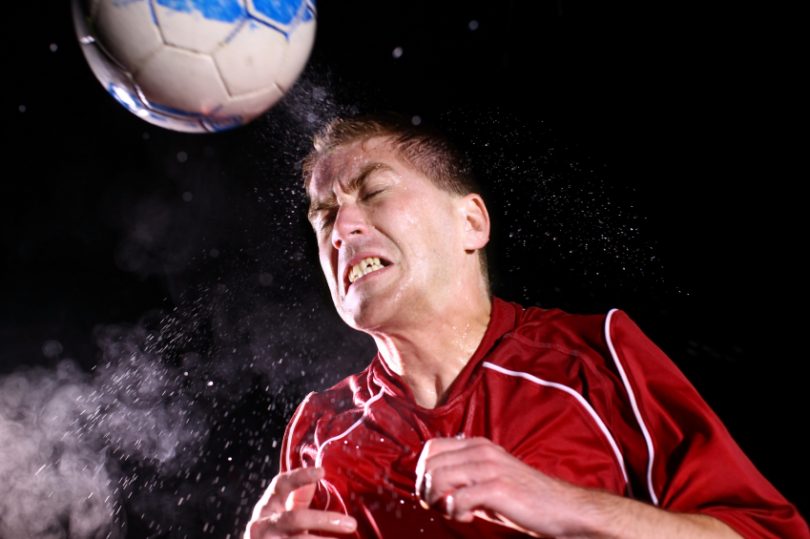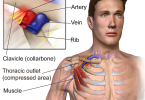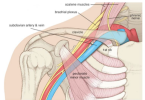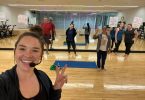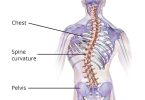By Dr. Natascha Wesch, PhD
We live in a sport culture that emphasizes a ‘tough-guy’ mentality, where athletes are supposed to play through pain and hide injuries. But while there is a need for a certain amount of toughness in sport, that toughness can be detrimental when it comes to injuries, and specifically concussions.
Concussions are very different from a typical musculoskeletal injury (i.e., sprains, dislocations, broken bones). A concussion is a traumatic brain injury that interferes with brain function. Depending on the region of the brain injured, the symptoms and effects can vary widely, and they can have a life-long impact on an athlete.
One of the main challenges for athletes is that concussions are invisible to the naked eye – you might not know an athlete is recovering from a concussion because you might not see any visible signs. A brain injury can impact an athlete’s mood and ability to concentrate. It can also cause a sensitivity to light/noise/crowds, and can leave the athlete feeling fatigued and unmotivated.
What can you do?
1. Medical support – Get the help of a medical practitioner who is knowledgeable and trained in the latest concussion/brain injury research. Your brain is the only one you have; treat it right.
2. Psychological support – Get the help of a mental performance professional who understands sport and concussions. Being able to talk about your situation, struggles, and goals with someone who understands sport culture and who can provide a safe/confidential outlet is critical.
3. Peer support – Connect with peers, friends and family. Similarly, those around you should take time to understand the physical and psychological impact that concussions have on an individual. Connecting with other athletes who have sustained concussions is vital to your mental well-being.
4. Be patient – This is the hardest to do because there is no one timeline for concussion recovery. Every individual injury is different and every brain recovers in its own unique way. Trust your gut and be patient; if you don’t feel right, if you feel fatigued or get recurring symptoms, trust yourself and listen to your mind and body and back off. Recovery can take time.
Dr. Natascha Wesch is a Mental Performance Consultant in private practice who works with athletes, coaches, and teams of all levels and sport backgrounds. To learn more and to contact her, visit her website: www.elitemindperformance.com.

